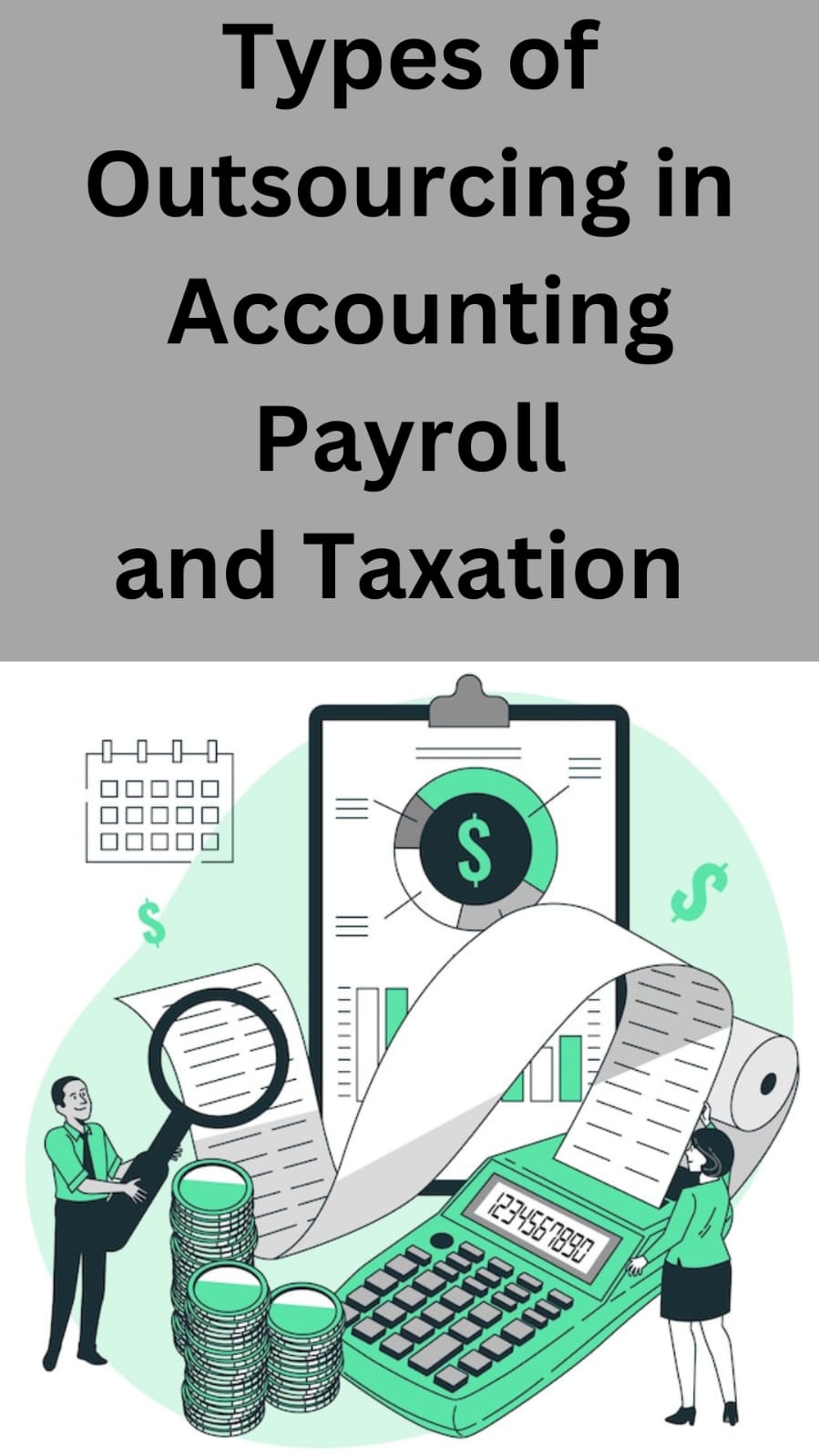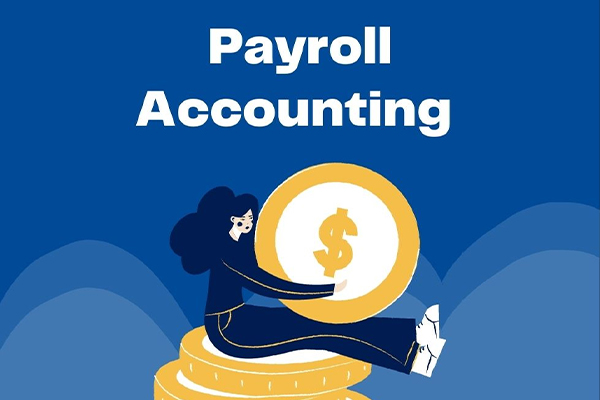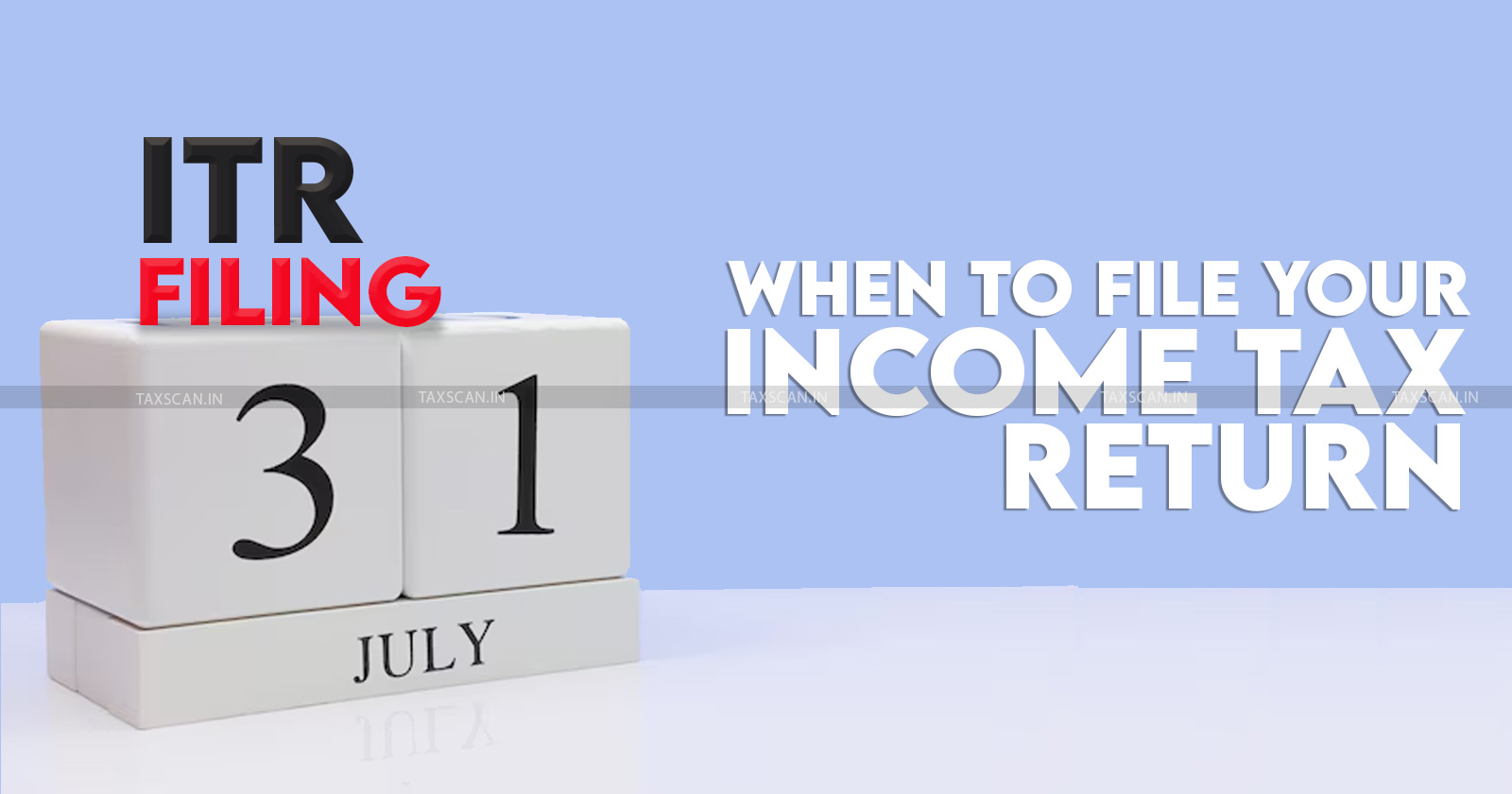Corporate Tax Rates in Oman
Oman, located on the southeastern coast of the Arabian Peninsula, is known for its strategic location, rich culture, and growing economy. Over the years, the Sultanate has implemented various economic reforms to attract foreign investment, diversify its economy, and reduce its reliance on oil revenues. One such reform is its corporate tax regime, which plays a crucial role in shaping the business environment in the country.
Oman, located on the southeastern coast of the Arabian Peninsula, is known for its strategic location, rich culture, and growing economy. Over the years, the Sultanate has implemented various economic reforms to attract foreign investment, diversify its economy, and reduce its reliance on oil revenues. One such reform is its corporate tax regime, which plays a crucial role in shaping the business environment in the country.
Introduction to Corporate Tax in Oman
Corporate tax in Oman is governed by the Income Tax Law issued by Royal Decree No. 28/2009 and its subsequent amendments. The tax system in Oman is relatively straightforward, with specific rates applied to different types of entities. The Omani government has designed its tax regime to be competitive, aiming to attract foreign investors while also ensuring that domestic businesses thrive.
Standard Corporate Tax Rate
The standard corporate tax rate in Oman is set at 15%.
This rate applies to most companies operating in the country, including both local and foreign entities.
The 15% rate is considered moderate in comparison to other GCC countries, making Oman an attractive destination for businesses.
Small and Medium Enterprises (SMEs) Tax Rate
To support the growth of small and medium enterprises (SMEs), Oman offers a reduced tax rate.
SMEs with an annual turnover not exceeding OMR 100,000 are subject to a 3% tax rate.
This preferential rate aims to encourage entrepreneurship and the development of the SME sector.
Exemptions and Incentives
Certain sectors and types of income are exempt from corporate tax in Oman.
Income from agricultural and fishing activities, as well as from private education and healthcare, is exempt from corporate tax.
Special Economic Zones (SEZs) and Free Zones offer additional incentives, including tax holidays and exemptions for up to 30 years.
Withholding Tax
Oman imposes a 10% withholding tax on specific payments made to foreign entities, such as dividends, royalties, and interest.
However, Oman has signed numerous Double Taxation Avoidance Agreements (DTAAs) with other countries, which can reduce or eliminate withholding tax on certain types of income.
Tax Compliance and Filing
Companies in Oman are required to file their tax returns within six months of the end of their financial year.
Failure to comply with tax filing deadlines can result in penalties and interest on unpaid taxes.
Conclusion
Oman's corporate tax regime is designed to be both competitive and supportive of economic diversification. With a standard rate of 15% and incentives for SMEs and certain sectors, Oman continues to attract investment while promoting local business growth.














































